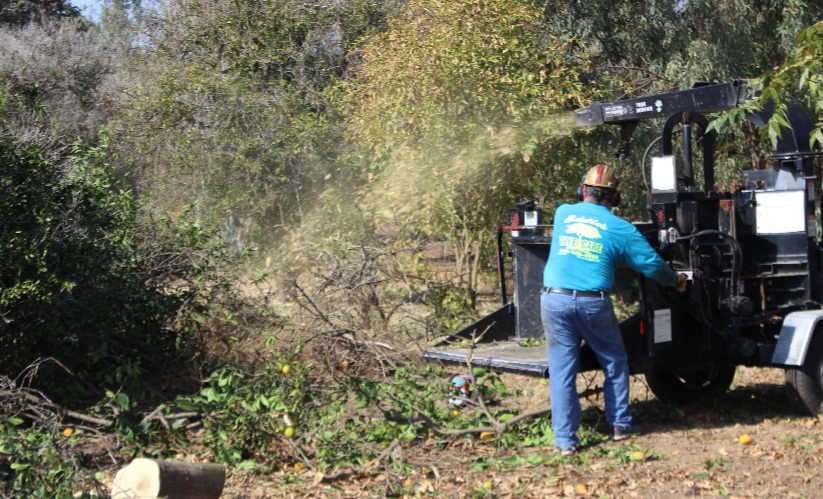California: CCM and Bayer CropScience work together to fight HLB

The California Citrus Mutual (CCM) and multinational Bayer CropScience have partnered up to remove citrus trees from residential properties, in an effort to stop the spread of the devastating citrus greening disease. 
A release from the CCM said the Asian citrus psyllid (ACP) that vectors the disease, also known as Huanglongbing (HLB), is endemic throughout Southern California and is quickly spreading into areas of commercial citrus production.
To date, HLB has been detected in 30 backyard citrus trees in the Los Angeles Basin. The disease has not yet been found in commercial citrus groves.
In 2015 the CCM and Bayer CropScience partnered on a social media campaign to raise awareness about the Asian citrus psyllid and HLB. The initiative raised US$25,000 for research at Cal Poly Pomona on Tamarixia radiate, a natural predator of the Asian citrus psyllid.
The initiative now aims to address a growing problem throughout California - abandoned citrus trees.
"Millions of homeowners throughout the state enjoy citrus trees in their backyards. Unfortunately there are circumstances in which a homeowner cannot properly care for their trees," CCM director of public affairs Alyssa Houtby said.
The high cost of water and prolonged drought conditions have caused many rural homeowners to stop irrigating their trees. However, dead and dying citrus trees can still be a host for the psyllid.
The Citrus Matters Abandoned Citrus Tree Removals (ACT) program is a resource for homeowners who cannot properly care for their trees. Through the ACT program, the CCM works with growers, government officials and local residents to seek the voluntary removal of the trees at no cost to the homeowner.
"Properly caring for citrus trees can be an arduous and expensive task given the high cost of water and now the added expense of protecting trees against Asian citrus psyllid and HLB," Houtby said.
"This initiative aims to help homeowners help their citrus grower neighbors by removing uncared for or abandoned trees that act as a safe harbor for ACP and HLB."
The Asian citrus psyllid feeds on the new growth, or flush, which occurs in the fall and spring, according to the release.
"This is the time of year we typically see a high level of ACP activity. Additionally, recent rains have created optimal conditions for ACP to reproduce and spread into unprotected citrus trees," she said.
To date, over 400 abandoned citrus trees have been removed from residential properties in Tulare and Ventura counties.
"CCM is excited to partner with Bayer on this unique program that will help protect California's $3.3 billion citrus industry from this devastating disease that has wreaked havoc on the citrus industries in Florida, Mexico, Brazil and most recently Texas," Houtby said.















































